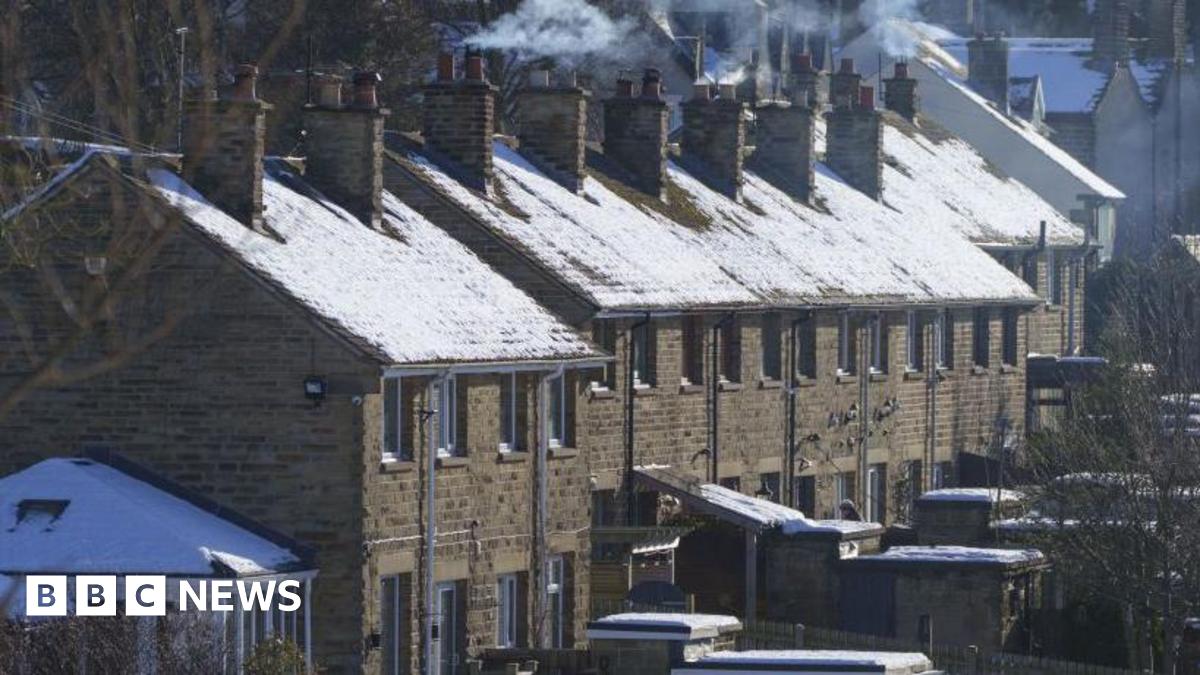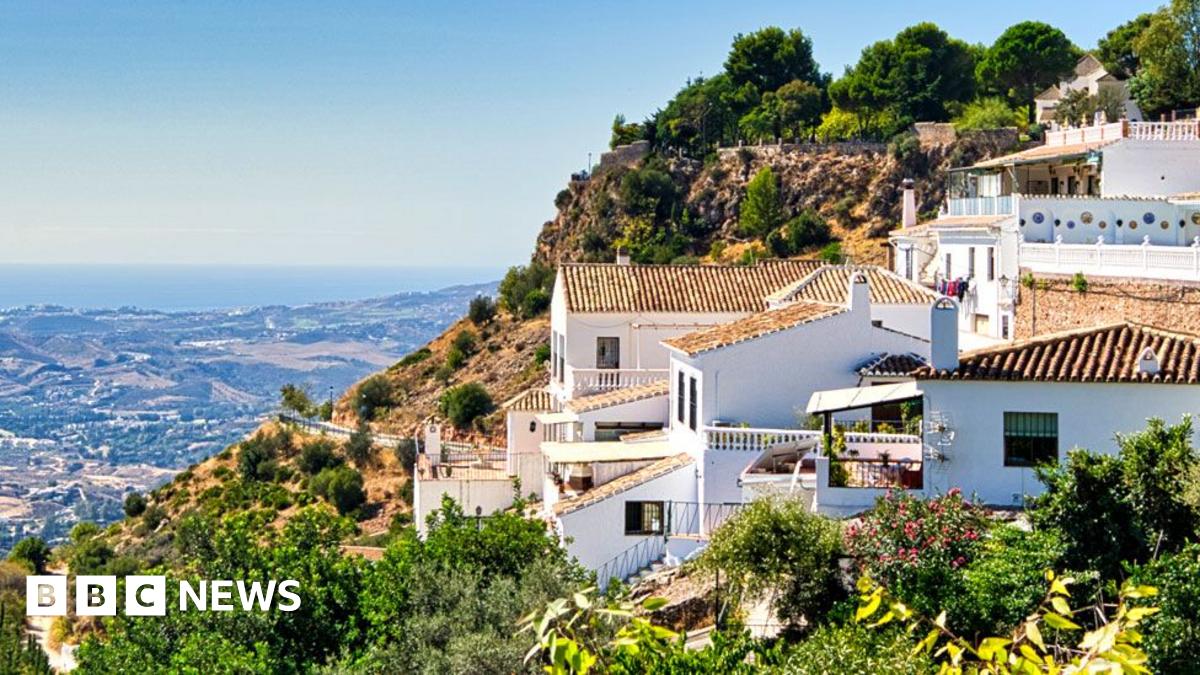Unlock the Editor’s Digest for free
Roula Khalaf, Editor of the FT, selects her favourite stories in this weekly newsletter.
The mayor of Johannesburg has resigned after a turbulent 15 months in charge of South Africa’s wealthiest city, where residents have grown increasingly angry at years of political gridlock and the collapse of public services.
Kabelo Gwamanda, who represented the small Al Jama-ah party, which had just three of 270 seats in the local assembly, was elected mayor in May 2023 as a compromise by the city’s largest party, the African National Congress, which had rallied support over the preceding months to oust the Democratic Alliance mayor.
This exacerbated a leadership crisis for a city that has had eight mayors since 2019 and been beset by water shortages, a crumbling road network and rocketing municipal bills. The city owes almost R5bn ($275mn) in unpaid bills to the state power utility Eskom, which also risks thwarting South Africa’s attempt to end long-running blackouts.
The Johannesburg Crisis Alliance, a group of civil society organisations that had been calling for Gwamanda to go, welcomed his exit. “He’s been a mayor missing in action, which the country’s economic hub couldn’t afford,” said Wayne Duvenage, head of one of those civil society groups, the Organisation Undoing Tax Abuse.
Gwamanda announced his resignation on Tuesday, hours ahead of a briefing by the ANC in which it announced its new mayoral nominee, Dada Morero, who is the head of finance in the city’s administration.
The ANC, which did not have a majority in the city, was only able to do this after securing support from the city’s third-largest party, ActionSA, run by Herman Mashaba, a businessman and former mayor.
Mashaba told the Financial Times he had struck a deal with the ANC “in the interests of residents and to prevent the city from collapsing”, and that he would support Morero.
He also said that while services in Johannesburg, which contributes 15 per cent to South Africa’s GDP, had declined sharply since he quit as mayor in 2019, the problems could still be fixed.
“Johannesburg is not as bad as Germany after the second world war, which was nearly flattened, so if the Germans can do it, and the Rwandans can do it after their genocide, why not Joburg? It’s not as bad as either of those. All you need is political will,” he said.
Mashaba said the city must focus on eradicating criminal networks, which have hijacked government buildings, and prioritise services.
Mpho Phalatse, the former DA mayor of Johannesburg who was forced from office last year, said Gwamanda had always been a caretaker mayor and had overseen a precipitous decline in the city’s services.
“What you see now is a broken city — traffic lights don’t work, the roads are potholed. And this is because the city has been on autopilot for months, while the leaders focused on who kept power, rather than delivering services,” she said. Phalatse has since left politics and returned to her original job as a doctor.
The power tussle in Johannesburg in recent years prefaced swings in the country’s national political landscape, which saw the ANC lose power in the May election, and only retain the presidency thanks to the creation of a unity government which included the DA and nine other parties.
Mashaba’s party had refused to be part of the national unity government, and said the Johannesburg deal did not indicate a change in sentiment.
Credit: Source link











